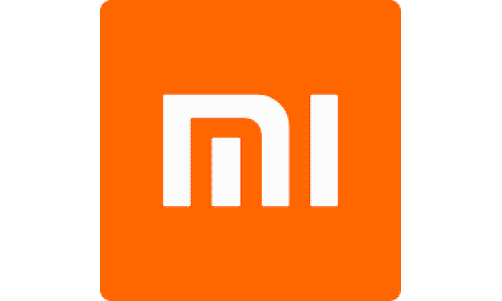When you type a web URL, in your internet browser (Google Chrome, Safari, Mozilla Firefox, Bing), it first sends a request to a network of servers that form the DNS (Domain Name System). The global network of servers looks for the name servers linked with the domain you have entered and forwards the request to the name servers.
When looking for a domain name for your business, you may have come across several providers promising to hook you up with your preferred extension, and if you want to check the best prices available on the market, you could check out Hostinger's domain name search tool which will help you to check your selected domain availibility. Nevertheless, there are a few essential things to consider. For starters, the domain name you choose should be easy for the users to understand. It should not have hyphens, numbers, or misspellings. Secondly, it is important to go with a domain name that reflects your brand.
Just an important tip before we go on - Please note that prior to choosing a service provider for your domain registration, you are advised to go through this domain registrar review by Neil Patel to get a better understanding of the different kind of packages you can sign up for.
To help you know more about what domain extensions are there, we have gathered this useful information.
What is a Domain Extension?
An extension is the last part of a web address. Domain extensions are also known as top-level domains (TLDs). Your brand name and extension give you a working domain name that your targeted customer base can type into their internet browsers to access your website.
Here are the most common types of extensions:
- .com (commercial): .com is the most popular extension and stands for commercial websites.
- .net (network): it was intended for networking sites, .net is used for a wide range of purposes today. If you cannot get .com, .net can serve as a great alternative. In most of the cases, .net is used by tech companies as 'net' implies networking and technology.
- .org (organization): it is originally meant for non-profit organizations. Some businesses also use .org, which isn't recommended because it sends out mixed messages.
- .edu: (education): .edu is used by educational organizations like schools, colleges, and universities.
- .info (information): it is used purely for those websites that share nothing but information about topics. In other words, if you are not selling a product or service, then the .info would work best.
- .biz (business): this is solely intended for commercial purposes. If you cannot get .com, you can choose .biz. Nevertheless, there are some spammy sites that use this extension.
- .me (personal): if you are creating a personal blog or website with no commercial intent, the .me works the best.
The different types of domain name extensions:
● Generic Domain Extensions
These are the most common extensions that are used on a day-to-day basis. These include .net, .com, .org, etc. However, there has been the inclusion of a few more top level domains like .beer, .craft, .blog, and more.
● Sponsored Domain Extensions
These are restricted to specific businesses and organizations. To get this extension, you will have to meet certain criteria. .edu, .gov., etc. some of the common examples.
● Country Code Domain Extensions:
As the name suggests, this type of domain extension is used only for specific countries. For example, .us is for the United States, .uk is for the United Kingdom, .au is for Australia, etc.
Simply put - a domain name is the address of a website that people type into the internet browser to visit a particular website. In other words, if your website is a house, then the domain will be its address. Therefore, it is important that you choose your domain name wisely to have the best one for your brand or business.















